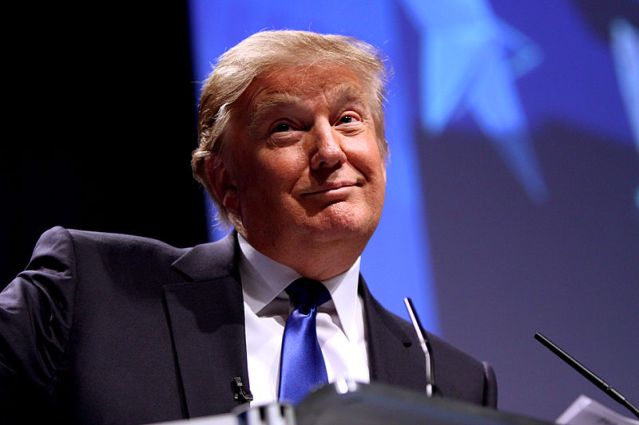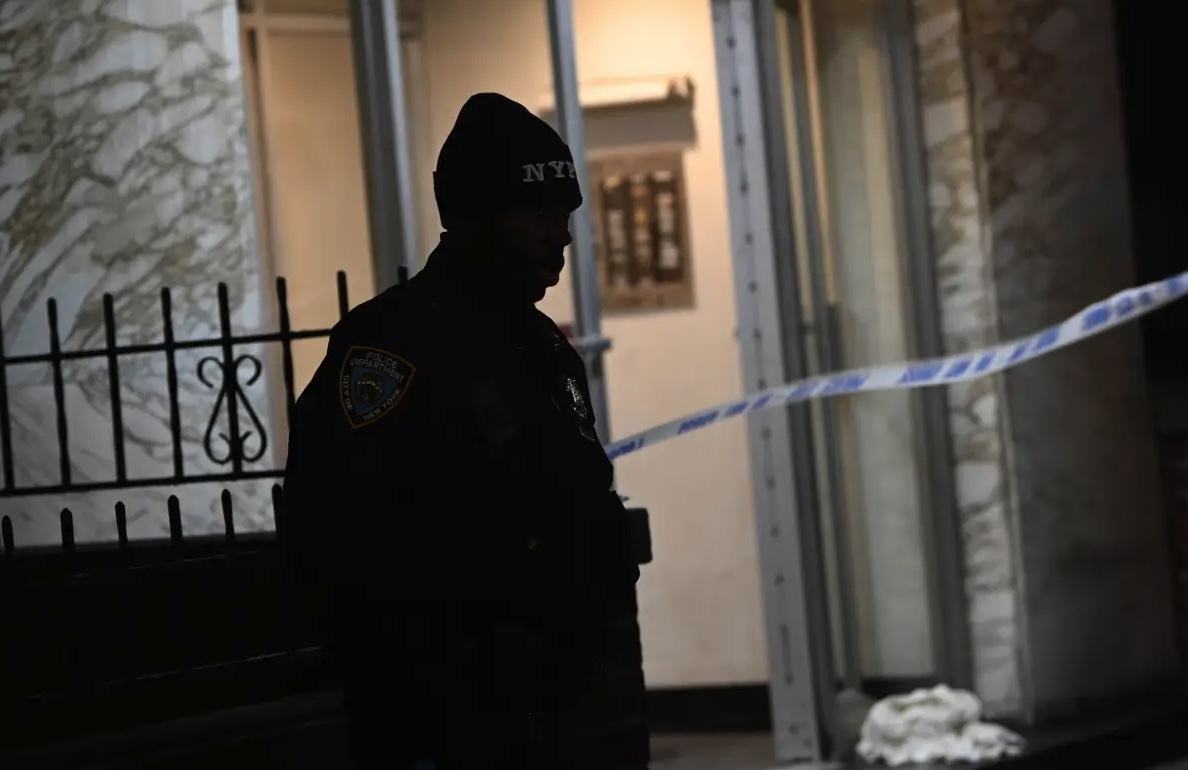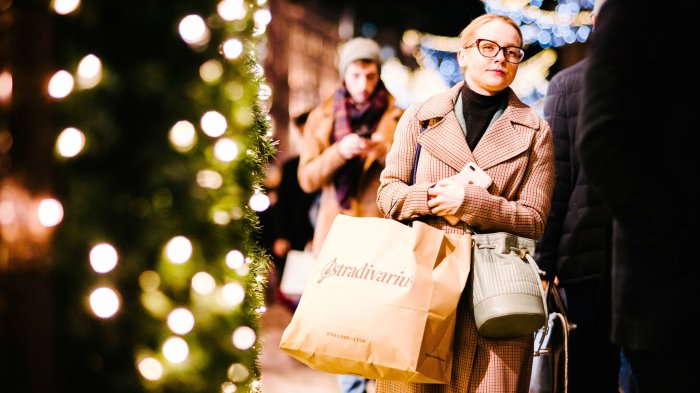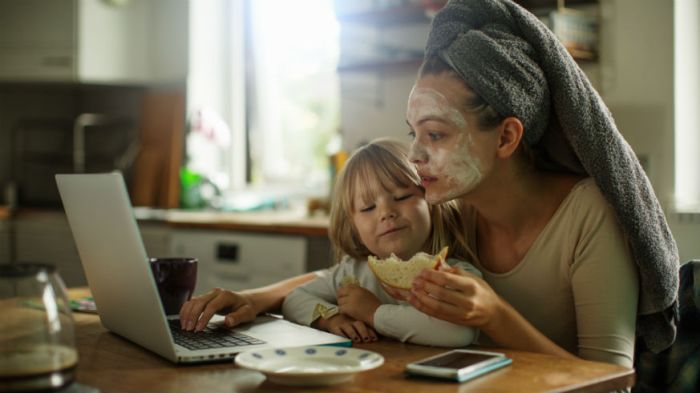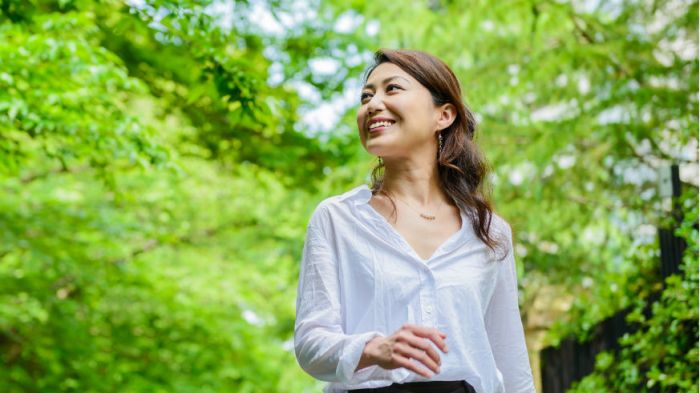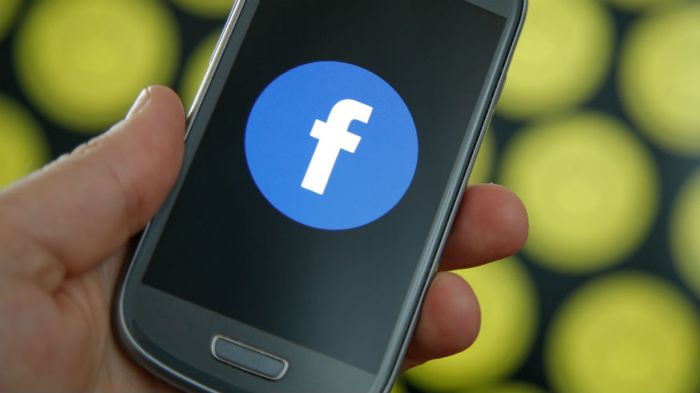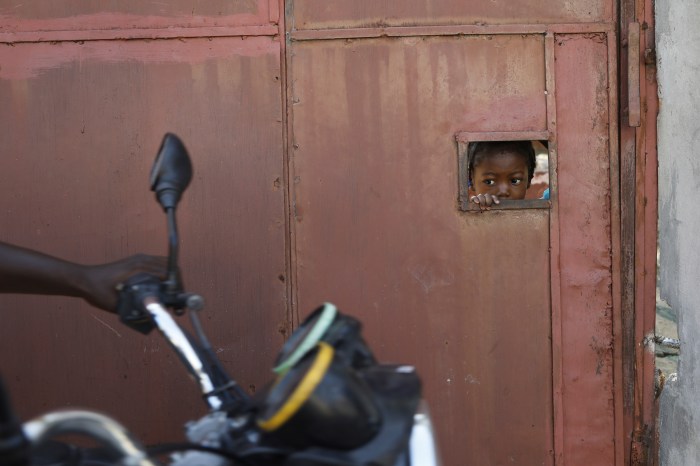The 2016 presidential election was so distressing to so many people that it spurred a therapist to coin the term “election stress disorder.”
Now, with President Donald Trump’s 100th day in office almost here, there’s no sign of that worry easing up.
A majority of Americans — about 60 percent — said that they are still anxious from the November election results, according to a study published this month by CareDash.com. And it’s not just those who oppose the president’s policies. According to the study, 43 percent of people who voted for Trump are feeling “at least somewhat anxious.”
A Cambridge-based company, CareDash is an online health care portal for doctor reviews. Advising on the study was Dr. Steven Stosny, the therapist who thought of “election stress disorder” and later, “headline stress disorder,” to explain the nation’s politics-induced anxiety condition.
CareDash noticed more conversations online about increased anxiety and stress and wanted to see if there was any scientific basis for that, Stosny said. The study polled more than 2,000 adults across the country.
About 65 percent agreed that having Trump as president had caused more people to be anxious.
Anecdotally, this is something Stosny said he noticed in his practice. A therapist for almost 30 years who primarily treats couples, he has noticed a jump in resentment and hostility between partners over the last several months, caused by anxiety.
“It always increases more so in election cycles, but never anything like this,” he said.
One of the biggest surprises in the study was that men reported being anxious more than women — 54 percent compared to 48. He said that anxiety disorders often affect women more, so the fact that men were reporting a high rate showed the pervasiveness of the trend.
The divide along gender could have to do with the difference between how men and women “protect” their families, Stosny said. Female protectiveness is focused on nurturing and meeting psychological needs while male protectiveness is more about guarding the family from outside forces.
“It seems more difficult to protect [your family] in a raucous political climate like this,” he said. “It’s that protection-provider anxiety that is getting to most men.”
Then there’s social media. Stosny also said that anxiety is contagious and that staring at the constant Trump headlines in social media feeds can contribute to this nationwide anguish. That was true, teh study showed, even for Trump supporters.
“You have a president who kind of thrives on controversy, who likes to do bold and unexpected things, and those are anxiety producing,” Stosny said. “Even if you like him, they are anxiety producing.”
If you’re feeling the stress in Boston:
To help those overwhelmed by Trump-triggered anxiety, CareDash is hosting a pop-up “CareDash Coping Clinic” on Friday. The company will offer a free 15-minute chair massage, a warm cup of tea.
The event is open to the public, between 11 a.m. and 2 p.m., at 45 Bromfield St., Floor 10, in Boston.
If you’re feeling the stress everywhere else:
Couples therapist Steven Stosny suggests people focus on what they can do to make their our own experiences better, a strategy that can combat the feeling of powerlessness that anxiety brings.
For instance, if a person feels strongly about a certain issue, Stosny said that person could write to a member of Congress about it. But, he noted, “to reduce anxiety, you want to write [about] what you stand for. You can raise anxiety if you just focus on what you’re against.”
Another possibility, Stosny said, is to connect with friends or family. “The worst thing you can do with anxiety is isolate yourself,” he said.

